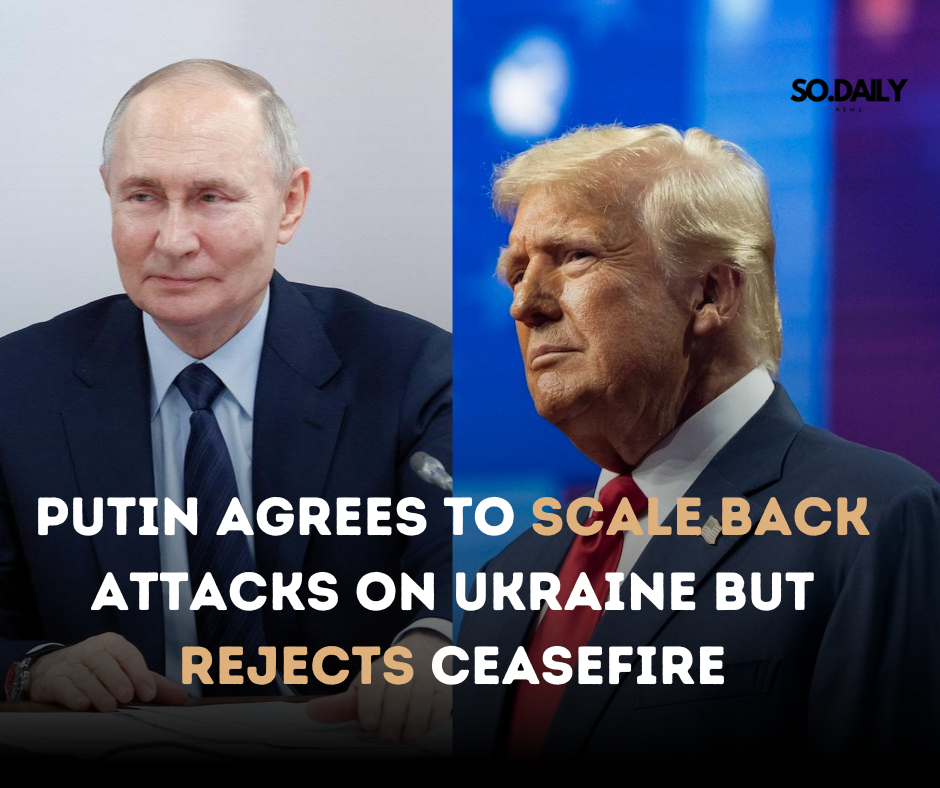Russian President Vladimir Putin has reportedly agreed to scale back military attacks on Ukraine in certain regions. However, he remains firm in his refusal to negotiate a full ceasefire, signaling that the conflict is far from over.
A Strategic Shift, Not a Peace Offering
According to sources close to the Kremlin, Putin’s decision to limit certain attacks is not an indication of a willingness to end the war. Instead, it appears to be a strategic move aimed at regrouping Russian forces and redirecting military efforts. Analysts suggest that this could be an attempt to ease international pressure while maintaining leverage over Ukraine.
Continued Resistance from Ukraine
Ukrainian officials have expressed skepticism over Russia’s partial de-escalation, warning that previous claims of military restraint have not led to meaningful changes on the battlefield. President Volodymyr Zelenskyy has reiterated Ukraine’s stance that a true path to peace must include a full withdrawal of Russian troops from Ukrainian territory.
International Response
The global community remains divided on how to respond to Putin’s latest move. While some leaders view it as a potential step toward de-escalation, others see it as a temporary tactic that does little to change the reality of the ongoing war. The U.S. and European allies continue to provide military and economic aid to Ukraine, emphasizing that any long-term solution must respect Ukraine’s sovereignty.
What’s Next?
With no clear truce in sight, the situation remains tense. While Russia’s decision to limit attacks may reduce immediate casualties in certain areas, the broader conflict is expected to continue. Both sides remain entrenched in their positions, making a negotiated peace settlement unlikely in the near future.
As developments unfold, the world watches closely to see whether this strategic shift will lead to further diplomatic efforts—or simply serve as a prelude to another escalation.
